Voices that shape us: who are we learning from?
A reflection on Bible Sunday
Written by Daniel Bocchetti
Title page of the St John’s College Great Bible (photo credit: Ian McKee)
One of my cultural experiences during my year of study in America was watching news channels. Yes, news channels. I felt as if the channels were an extension of political platforms. The news anchors spent much of their time defending a particular politician, candidate or party. Sometimes the channels even criticised each other’s reporting live! The political leanings were quite clear: if you are a right wing Republican you would watch FOX News (or minor conservative–related channels), if you are a left wing Liberal Democrat you would watch CNBC News (or minor progressive–related channels) –exceptions proving the rule, of course. One does, once in a while, venture into the “enemy’s territory” to hear the lies and distortions on the “other side” but, in most cases, it’s not to challenge one’s own opinion. It’s not that news channels or newspapers in the UK and Europe are any less biased. But they are not so open about it. They at least pretend to be neutral (surely, in England, they are polite).
After some time I began watching the news for entertainment purposes. It was fun! Before watching the news I would ask myself, which bias should I listen to tonight? Should I look at the world through the eyes of a Republican or through that of a Liberal Democrat? Yet, that cultural experience opened my eyes. You see, it was 2016, during the presidential elections that impacted so many lives around the world, and that experience triggered a bigger question for me: whose biases am I buying into when it comes to thinking about and acting on important events and decisions?
Who are we learning from? Whose teaching are we listening to? Who or what is shaping our identity? And who is telling us how to live in the world? I wonder how often we ask ourselves these questions. Are we encouraged to ask them at all in our society? It’s interesting that the Christian tradition urges us to ask these sorts of questions all the time. It’s at the heart of Christian reflection.
On Sunday, 25th October, the Church of England celebrated Bible Sunday. The church selected four texts (Neh. 8.1–12; Psalm 119.9–16; Col. 3.12–17; Matt. 24.30–35) to celebrate the relevance of the Bible, “God’s Word”, for our lives. Unsurprisingly, the Bible might have some answers to the above questions.
It’s easy, in our society, to ignore the fact that our identities are always being shaped by someone or something. After all, we are told we are “free individuals”, that government and other institutions are there to simply represent us and to enable us to be “our truest selves”. How noble and wonderful.
Society tells us that marketing companies are not there to create and shape our wants and needs. Of course, not! They claim they simply want to give us options (on sale!) for what we truly want, even when we don’t know yet we want it (“we wants it, we needs it”).
Let me give you a very basic example of how marketing often works.
Dior Miss Dior Eau de Parfum
H&M Bodywear
These are photos of Natalie Portman and David Beckham from two commercials about a perfume and bodywear respectively. It may not surprise you to know that these commercials, even in their most extensive versions and promos, say very little about perfume and bodywear. They don’t try to promote the fragrance per se or the comfort and quality of the bodywear. The message is a different one: you desire to be like Natalie Portman or David Beckham but you’re a loser, therefore, you need this perfume or bodywear. That is, (a) this is what is beautiful and good. (b) You are not beautiful and good. (c) You need help. (d) We can save you. This what the Bible calls a “salvation story”.
Similarly, society tells us that political parties and social movements don’t want to tell us what to believe or how we should live our lives. No! Please! How could they. They claim they simply want to remind us who we truly are and what we really believe deep down because, after all, that’s common sense. You should know this already. You’re just a bit confused. In fact, their goal is to be as invisible as possible because, after all, this is all for us. As Homelander of The Boys (Netflix) always says, “remember, you are the real heroes!”.
You know what? Maybe our identities are constantly being shaped by the voices in our society. Maybe we are constantly taught what to believe, who to be and how to live. Maybe we are made to belong to different stories. Stories that give meaning and purpose to our lives. Stories that demand our trust and devotion. You know what? The Bible does have something to say about this.
This isn’t a uniquely modern problem. We are not alone. Look at the story of Israel! This is a people that is supposed to show to the world who God is. They are supposed to make a difference. The other nations should look at Israel and say: I want to be like that. That is good and beautiful. This is Israel’s mission. That’s their story. But instead, over and over, Israel looks up to other people groups. They look for what is true, good and beautiful elsewhere. They learn from them and worship their gods.
Nehmaiah 8.1–12 is a story about Israel realising this failure. For a long time the people lived in a foreign country (what the Bible calls “exile”) and forgot their identity. Marketing strategies and political allegiances in Babylon were much less, let’s say, subtle at the time. But now they are back home, they learn from God and hear God’s voice through the Bible. They find their true identity once again. The reading says, “the people had been sobbing as they listened to the words of the Law” and they “were sad”. They messed up. The teachers became the students. They were sad. They were thinking: WHAT HAVE WE DONE?! HOW COULD WE?!
But they are told to stop being sad and to celebrate. You are back now. You know who you are listening to. That’s good news. Because, you see, they failed, people fail, we will fail. But the real tragedy is when we stop asking ourselves, who am I learning from? Who is teaching me how to live? Which story do I belong to?
When we celebrate Holy Communion, we celebrate a story. We join in a drama, the drama of God’s love for the world. Holy Communion (the Eucharist) is itself a transformation of a Jewish practice. Passover. At Passover, the Jewish people celebrate the story of how God freed them from slavery in Egypt, and how he gave them his Law to be his people in the land he promised them. They celebrate their identity as God’s people, and their identity shapes their lives. The church celebrates the story of Jesus’ victory: how he freed us from slavery, and how he showed us how to live in self–giving to God. As we remember who Jesus is, we are reminded who we are supposed to be. As we celebrate what Jesus did, we are reminded what we should do. We are what we do, and we do what we are. This is our story. That is why Holy Communion ends by sending us out as transfomed people. Holy Communion is the gospel story enacted.
In the drama of Holy Communion we also celebrate and anticipate the final chapter of the story. You see, we (a bit like Israel) are still surrounded by many gods (whoops, we are religious after all). We are surrounded by voices and forces that want to shape our identity and teach us how we live. We are always with one foot in a foreign country (ouch!). So we celebrate Jesus’ return to make this world fully home for us. The selected gospel reading says that when the Son of Man will come back, “all the nations on earth will be sad”. They will be sad. Once again: WHAT HAVE WE DONE?! HOW COULD WE?!
I find it fascinating how these stories of Jesus’s return have always evoked mixed feelings and reactions from people throughout history. Some people find them scary and unsettling. Others find them encouraging and reassuring (I mean, Jesus coming back to his people. That’s good, right?). But this is what the Bible does. It searches our hearts. It smites the mythical beast of the “neutral bystander”. It exposes us as actors in the drama of life. It tells a story and then it makes us ask, who am I in this story? There is no backstage to run to. It makes us wonder, what will I answer when Jesus comes back and asks me, who did you learn from? Who did shape your identity? Are you part of my story?
In the epistle reading Paul writes, “You are God’s chosen people. You are holy and dearly loved. Don’t be proud. Be gentle and patient. Put up with each other. Forgive the things you are holding against one another. Forgive, just as the Lord forgave you.” Paul has no doubt: it is from Jesus that we learn how to live in God’s story: “Let Christ’s word live in you like a rich treasure. Teach and correct each other wisely. Do everything you say or do in the name of the Lord Jesus.” The church never pretended to be invisible. It never claimed to be pointing us to some “common sense”. We openly point at that person on the cross and say: that’s who we learn from and who shows us which story we belong to and how to live well in it. This is what is true, good and beautiful. The whole Bible is a witness to this one.
What is beautiful for you?
Panel of the Tauberbischofsheim Altar (1523–1525) by Matthias Grünewald
Who are you learning from? Who is shaping your identity? In which story are you living?
On Bible Sunday, the church doesn’t think that we need to learn who to be and how to live once a year, but it wants to remind us, (at least) once a year, that we are always learning from someone. We are always formed by the voices around us. It is a matter of who we let shape our identity, of who we listen to. We are always part of a story. The question is, which story are we living in? Let’s join this story. “Heaven and earth will pass away, but [his] words will not pass away” (Matt. 24.30).




